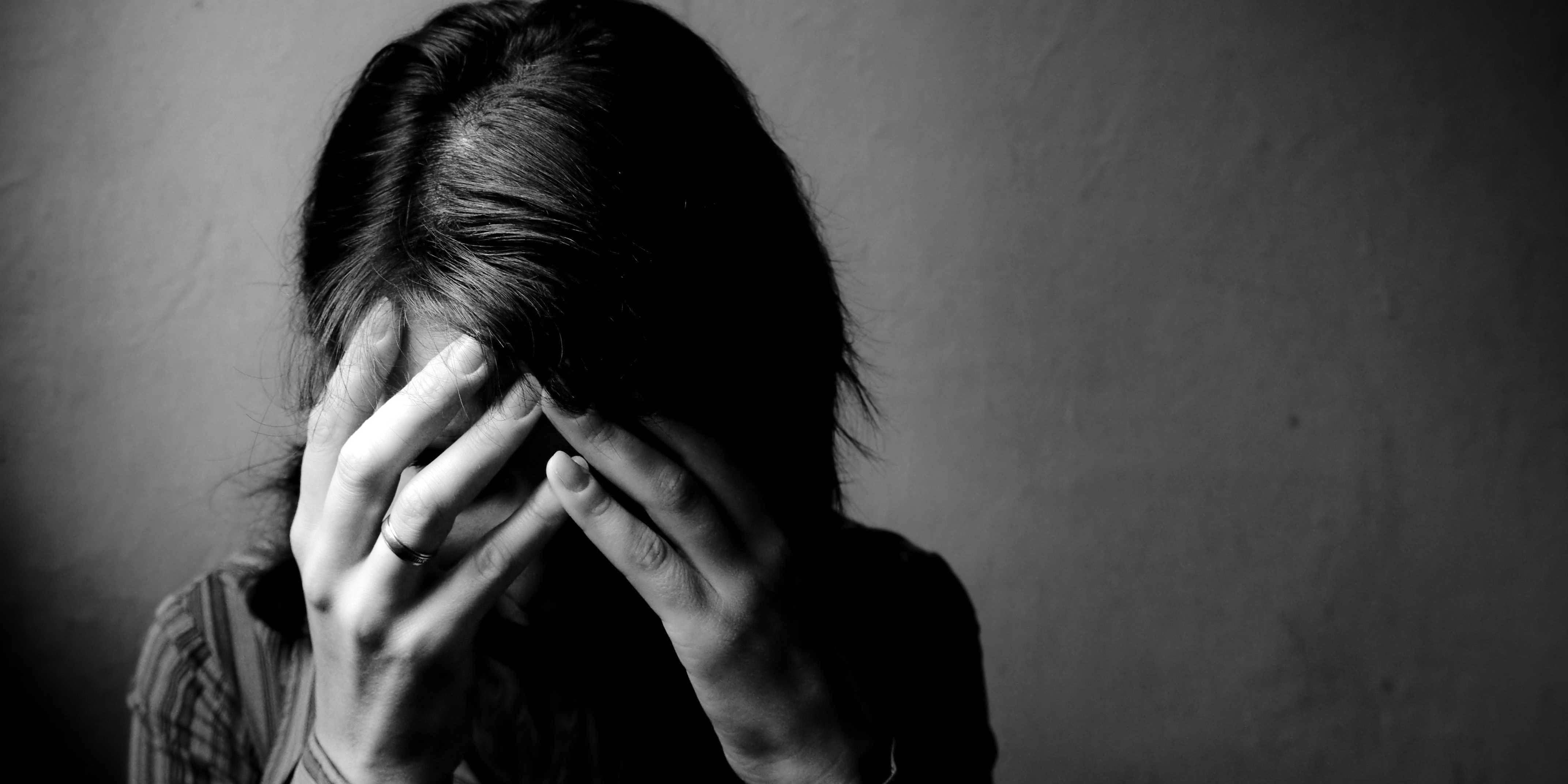Dr. Bhavna Barmi
Depression is classified as a mood disorder. It may be described as feelings of sadness, loss, or anger that interfere with a person’s everyday activities. Enlisted below are some of the identified causes of depression:
Genetics
We are aware that depression occasionally runs in families. This shows that depression may have a hereditary component, at least in part. It is slightly more common for children, siblings, and parents of people with severe depression to experience depression than people in the general population.
Medicine side effect
Some people may develop depression as a result of drug use. Barbiturates, benzodiazepines, and the acne medicine isotretinoin have all been connected to depression occasionally, especially in older individuals. Similar to other drugs, mood shifts and swings can occasionally be brought on by corticosteroids, opioids (codeine, morphine), and anticholinergics used to treat stomach cramps.
Chronic illness
Depression may result from a chronic illness in certain persons. A chronic ailment is one that lasts for an extended period of time and typically cannot be fully cured. However, nutrition, exercise, lifestyle modifications, and some medications can frequently be used to manage chronic conditions.
Chronic pain
Pain that lasts for several weeks to months is referred to as “chronic pain.” Chronic pain interferes with your ability to sleep, exercise, and be active, as well as your relationships and work productivity. Depression and persistent pain are both treatable. You may control your pain, alleviate your sadness, and resume your life with the aid of a comprehensive programme that combines medicine, psychotherapy, support groups, and other services.
Grief
Grief is a typical, acceptable reaction to loss. Losses that can cause grief include losing a loved one, losing a job, losing a beloved pet, or going through any number of other life transitions like divorce, being an “empty nester,” or retiring.
Everyone can experience grief and loss, but not everyone will experience clinical depression.
Substance Abuse
Nearly 30% of individuals who struggle with substance abuse also experience significant or clinical depression. Even if they momentarily improve your mood, drugs and alcohol will ultimately make your depression worse.
Biological differences
There are visible physical changes in the brains of those who are depressed. Although the importance of these changes is still unknown, they might eventually point to their root causes.
Brain chemistry
Neurotransmitters are organic brain substances that probably contribute to depression. Recent studies suggest that alterations in these neurotransmitters’ effects and interactions with the neurocircuits responsible for preserving mood stability may have a substantial impact on depression and its treatment. Depression may be brought on by or triggered by changes in the hormone balance in the body. Hormone shifts can occur during pregnancy, in the days or weeks following delivery (postpartum), and as a result of thyroid issues, menopause, or a variety of other diseases.
Diet, exercise, and sleep
Your mood can be affected by your nutrition, lack of sleep, and physical inactivity, which makes it more difficult for you to handle challenging situations in your life. While not getting enough sleep, exercising, or eating poorly cannot directly cause sadness, they can increase your risk of acquiring it.
Life events
You may discover that your depression was frequently brought on by an upsetting, stressful, or traumatic incident. This might be: big life changes, such as changing jobs, moving houses, or getting married; losing your job or being unemployed; ending a relationship; bereavement; being physically or sexually assaulted; being bullied or abused; and encountering racism.








